By Ahmed Ahmed
The National Association of Doctors in University Health Services (NADUHS) has refuted the allegations of demanding bribes before attending to patients in hospitals.
It could be recalled that the United Nations Office on Drugs and Crime (UNODC) and the National Bureau of Statistics (NBS) on corruption in Nigeria has sparked a wave of controversy,particularly regarding the involvement of Nigerian doctors in corrupt practices.
This is contained in a statement signed by the National President of the Association Dr. Hassan Shuaibu Musa made available to newsmen on Monday in Bauchi.
He said the association vehemently rejects these allegations and stands firmly against any implication that their esteemed medical professionals engage in corrupt activities.
“The report’s assertion that doctors are among the public officials most frequently contacted by citizens is not a reflection of corruption.
“The high contact rate with doctors is a testament to the critical role they play in providing healthcare services to the Nigerian populace.
“The fact that doctors are often the first point of contact for citizens seeking medical attention does not necessarily imply that they are corrupt,’ he said.
According to him, the report’s claim that 30% of citizens who had contact with doctors paid a bribe or were asked to pay a bribe and refused is a gross misrepresentation.
This figure is likely inflated due to the broad definition of bribery used in the survey.
The term “bribe” is often misunderstood and can encompass various forms of payment, including legitimate medical fees.,” he said.
Dr Shuaibu stressed that the report fails to distinguish between legitimate medical payments and corrupt practices, thereby creating a false narrative.
He added that the suggestion that doctors are involved in bribery is a grave insult to the medical profession.
Doctors are trained to uphold the highest ethical standards and are bound by a code of conduct that prohibits any form of corruption.
“The integrity of our profession is paramount, and any suggestion that doctors engage in corrupt activities undermines the trust that patients have in their healthcare providers.
“The report’s methodology is flawed. The survey relied on self-reported data, which is prone to bias and inaccuracies.
“The respondents may not have fully understood the context of the questions or may have been influenced by social desirability bias,” he said.
Musa pointed out that lack of rigor in data collection undermines the credibility of the report’s findings.
The President categorically rejects any implication that Nigerian doctors are corrupt.
“We stand united in our commitment to upholding the highest ethical standards and providing the best possible healthcare services to our patients.
“We call on the UNODC and NBS to conduct a more thorough and scientifically robust investigation into corruption in Nigeria, one that accurately reflects the integrity of our medical professionals,” he said
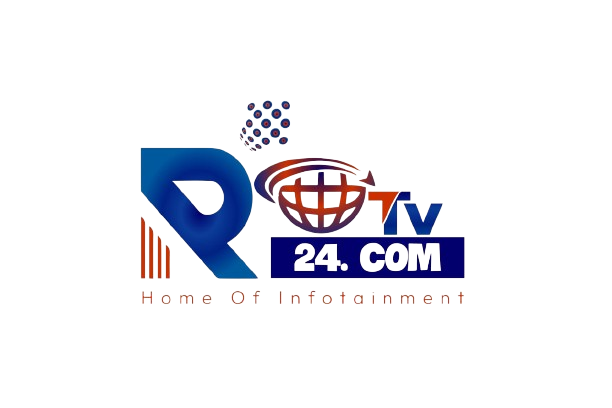
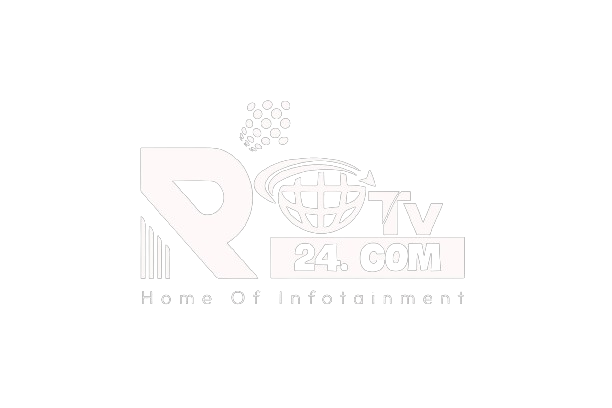
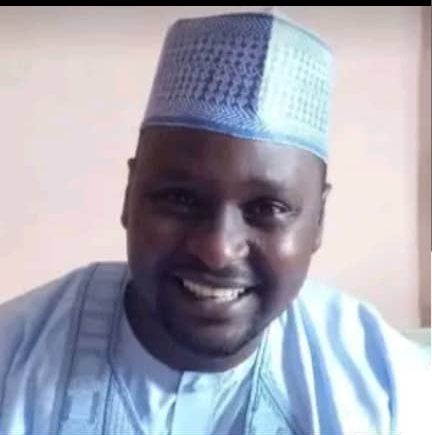
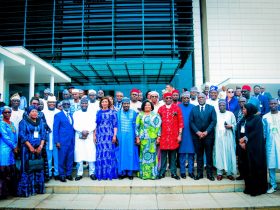


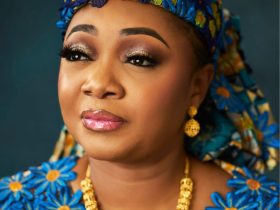

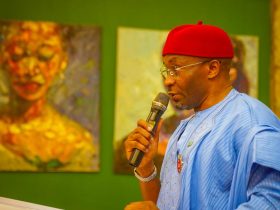
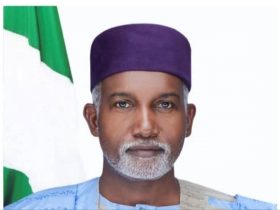
Leave a Reply